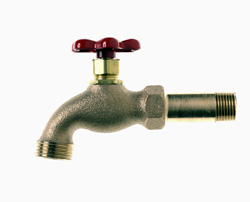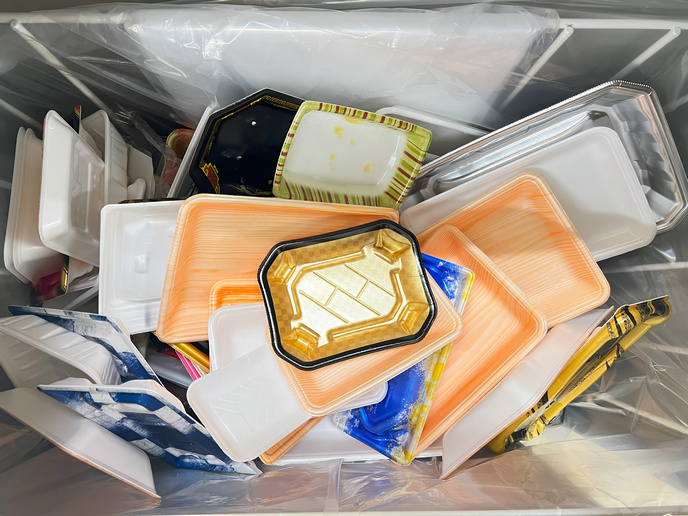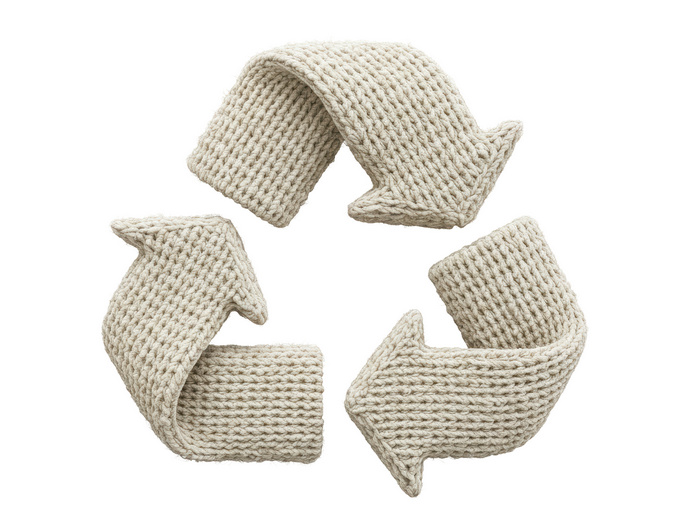Sustainable water supply 'fit-for-use'
The AQUAFIT4USE project researched technical developments for applications in four high water-consumption sectors: chemical, paper, textile and food. The project developed and tested reliable cost-effective technologies, tools and methods that have reduced freshwater needs. Deliverables are numerous and span the whole range of water treatment methods. However, the prevailing and significant theme is that they have been developed in accordance with the specifications of individual processes and applications in industry — 'water fit-for-use'. An intuitive water quality management (WQM) tool for industrial water management (WESTforINDUSTRY) was developed by teaming up the project's WQM methodology with newly developed software. WESTforINDUSTRY defines, simulates and optimises industrial water networks. Choice of treatment technology and place of use is up to the user. Special software then calculates the effect of each scenario and results are based on comparison and evaluation of different criteria (e.g. costs, freshwater use and discharge). To tackle biofouling, the team developed Denutritor, a biofiltration prevention technology. The system was successfully tested on the wastewater treatment effluent of a chemical plant where the biofouling potential was reduced eight-fold. The water could then be reused for industrial applications such as cooling. At an ice cream factory, Denutritor reduced coliform bacteria in collected rainwater; the viable bacteria can then be further reduced with up to 99 % efficiency on exposure to ultraviolet light. The treated water can be used for cleaning of packing and transport materials (containers, pallets, etc.) and for sanitation (toilets) at the plant location. A capacitive deionisation (CapDI) system to remove salts from saline streams based on unit modules is now in production. Carbon-coated electrodes show excellent salt removal capacity compared to good quality commercial electrodes. The use of constant current operation enables energy reuse, and in practical conditions 40 % of energy can be saved. A full-scale system has been tested on cooling towers at two different sites. Development of reliable cost-effective systems for water treatment on the basis of water fit-for-use has resulted in a reduction of freshwater needs in key industrial sectors. Project outcomes have thus supported EU policy on competitiveness, resource efficiency and the environment.







